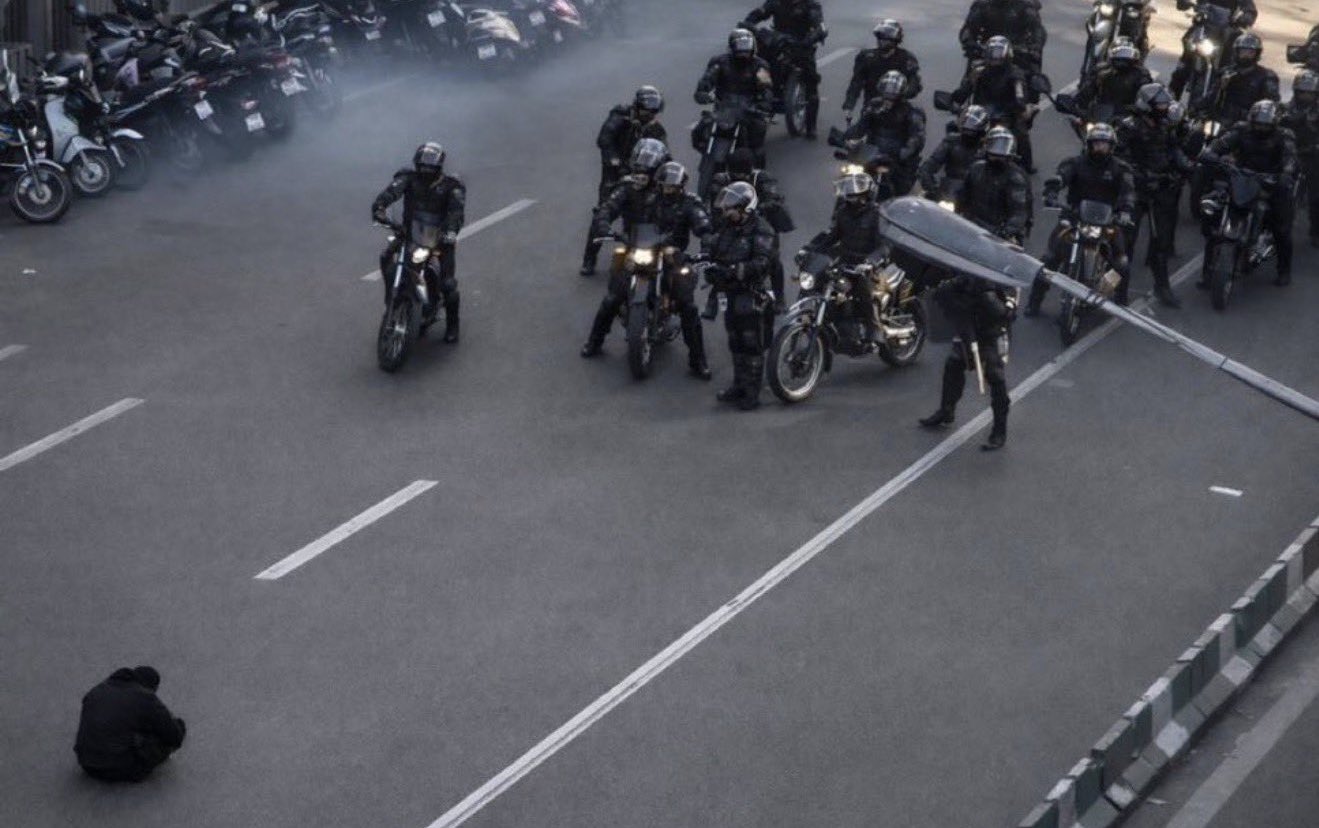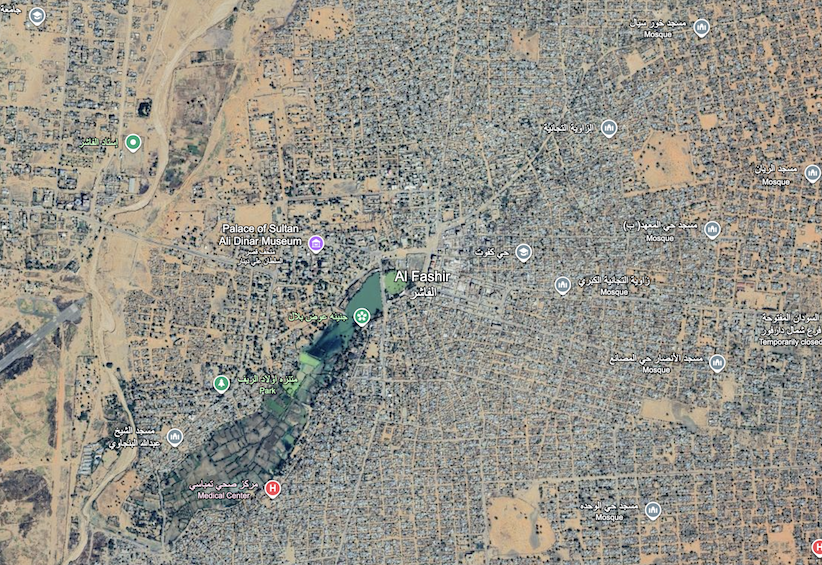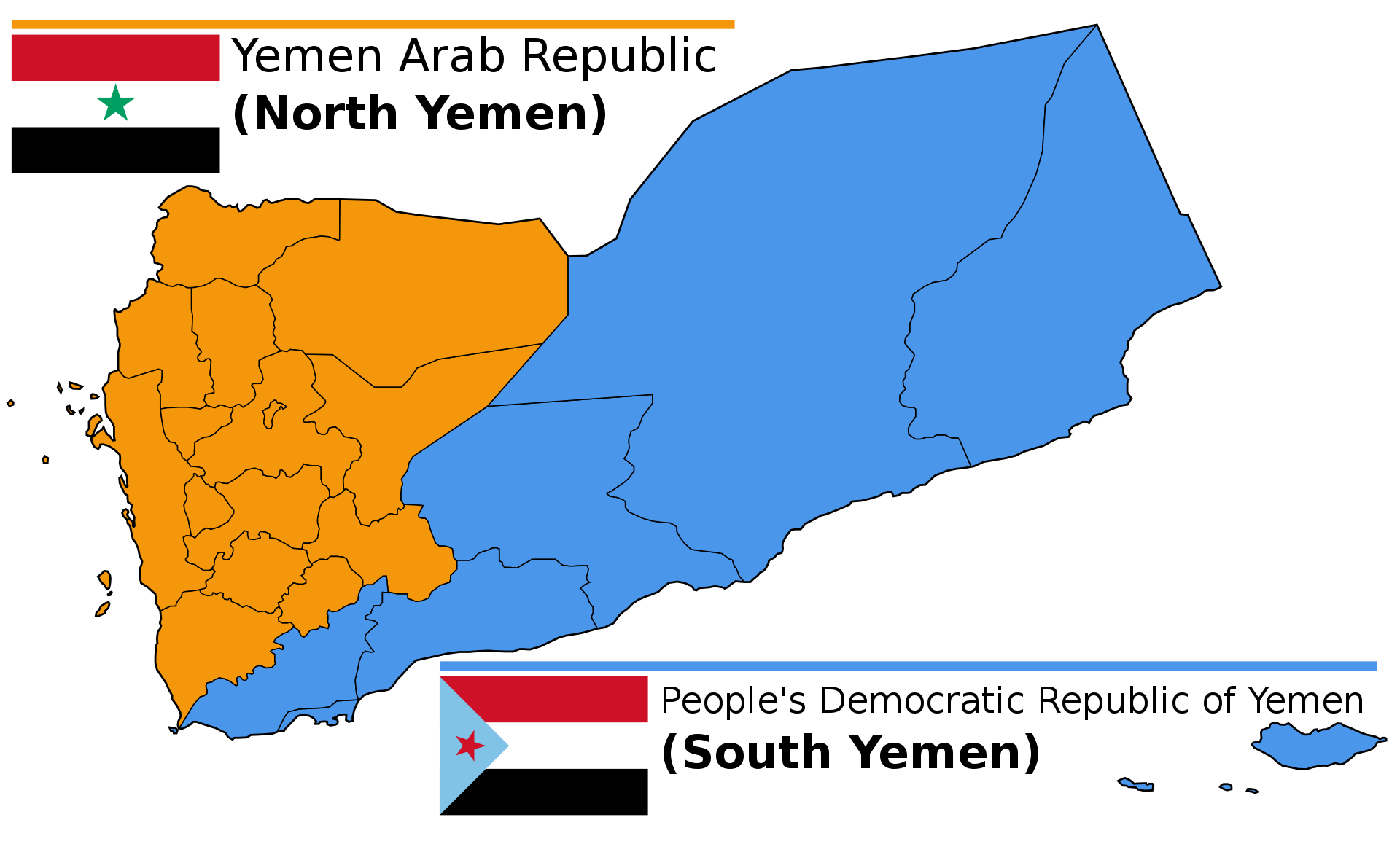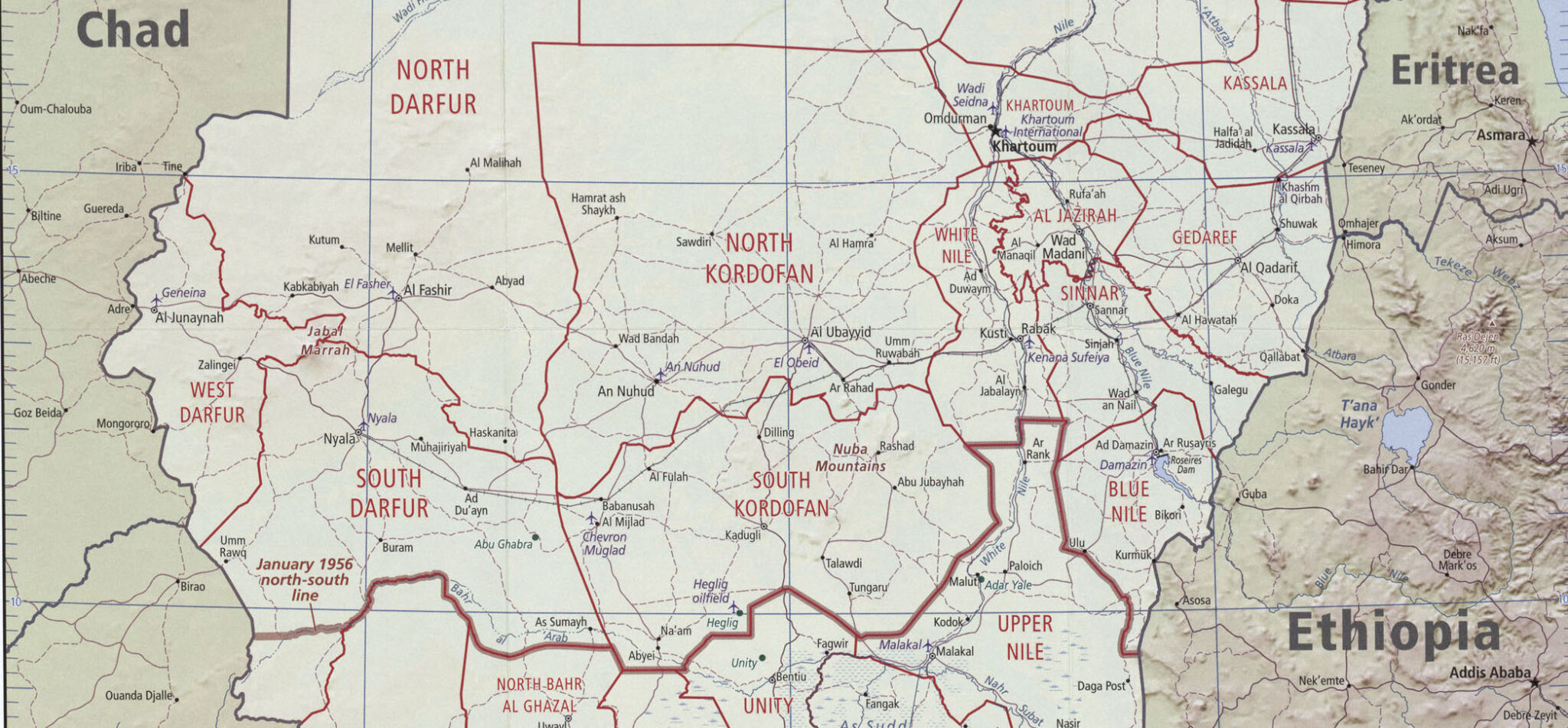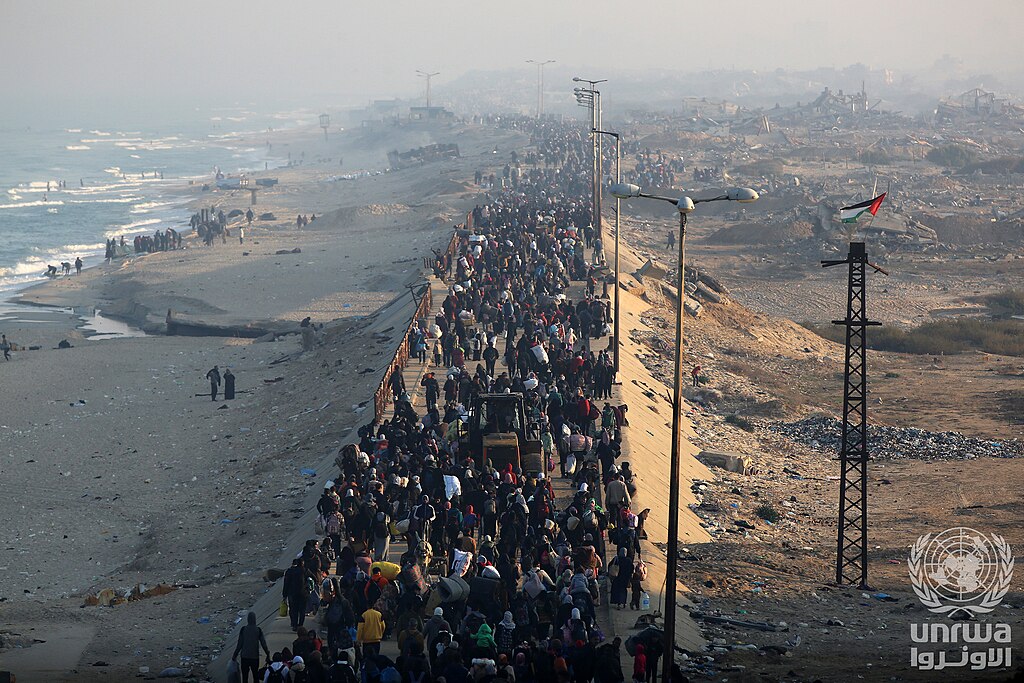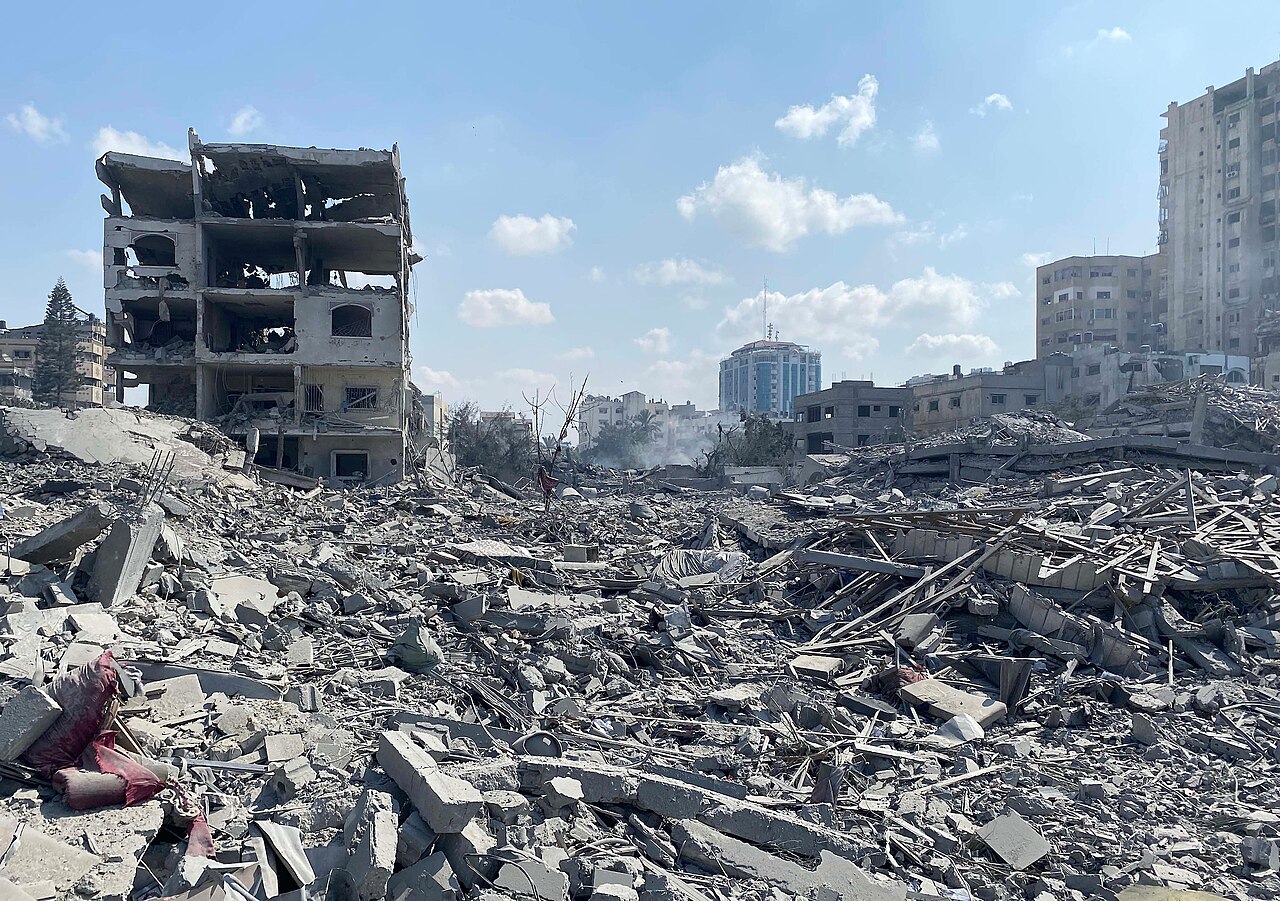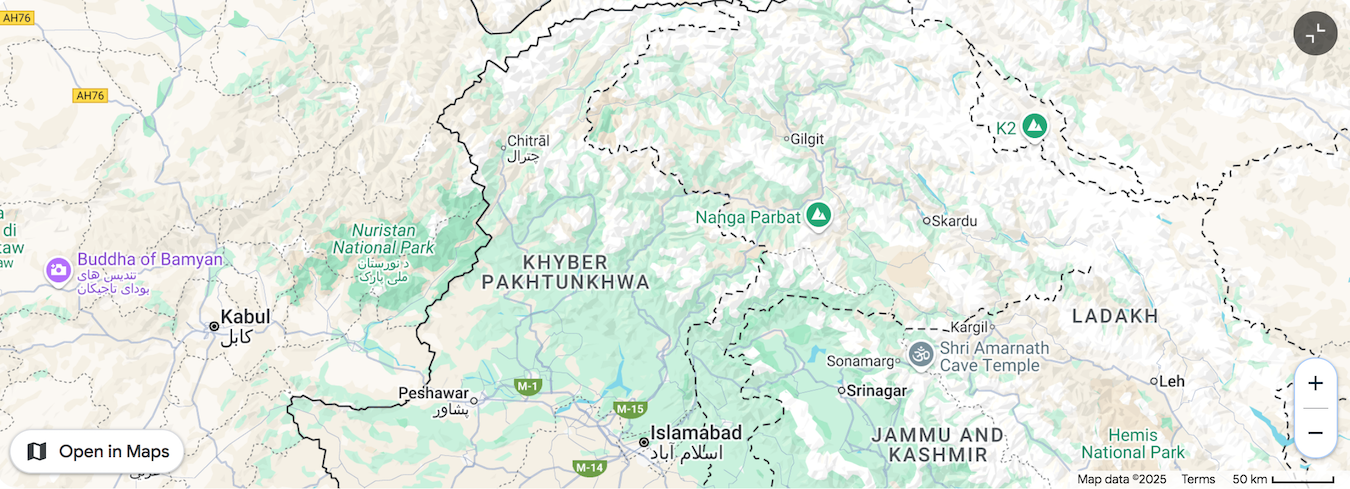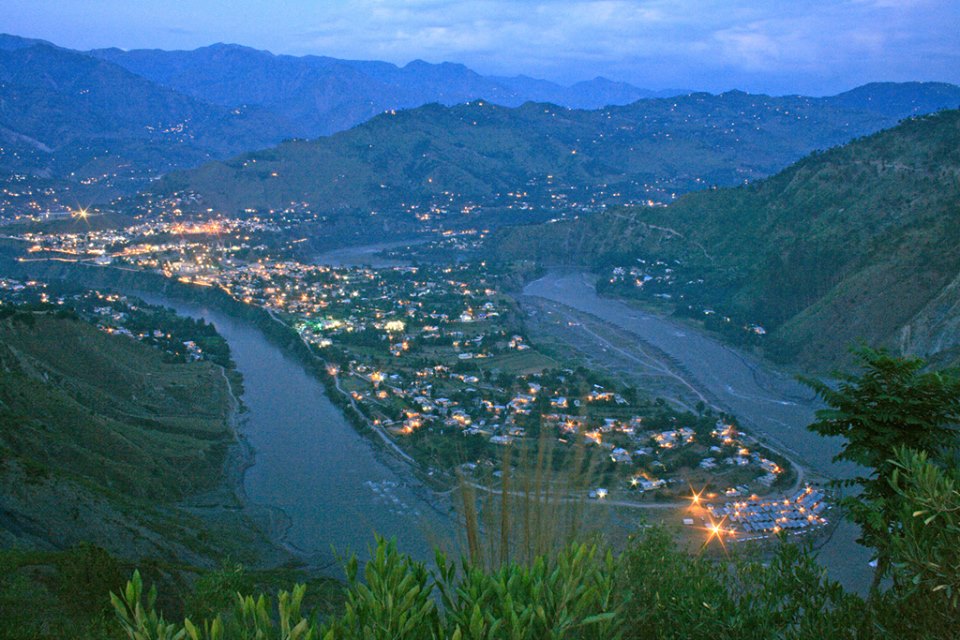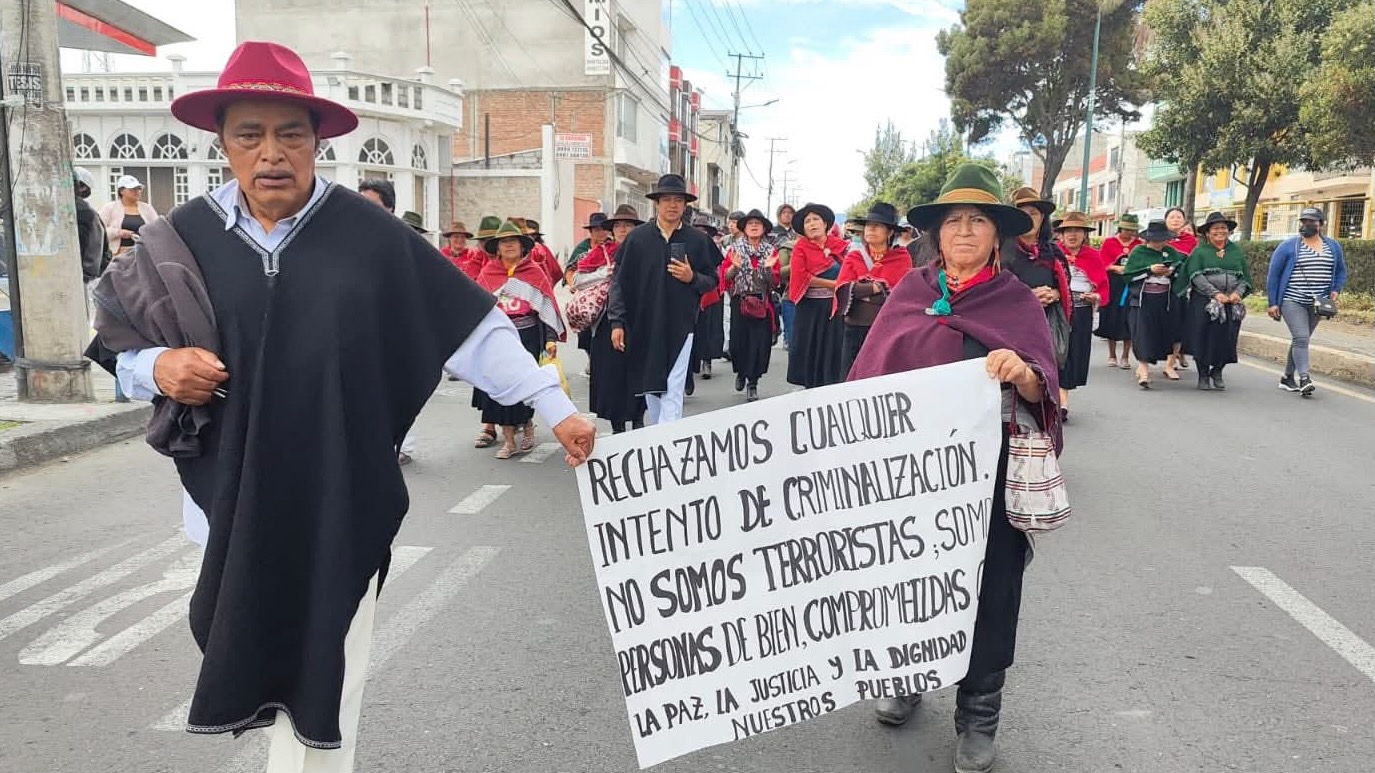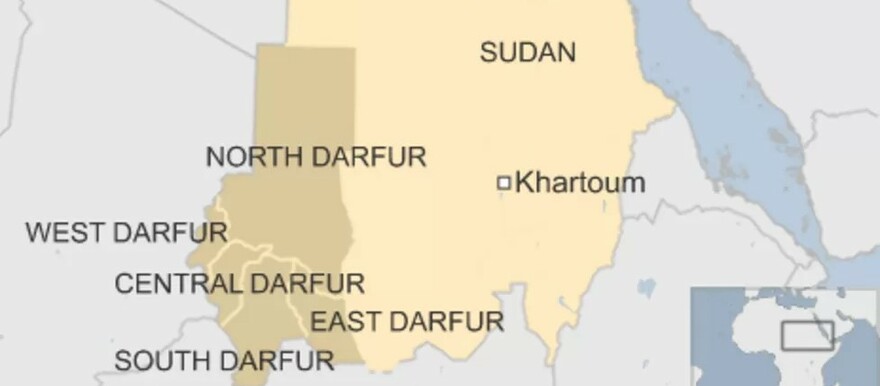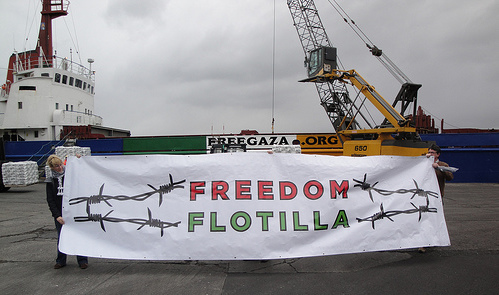
Arrests as French farmers protest EU-Mercosur trade deal
UN experts cautioned against the escalating use of arrests and criminal proceedings against agricultural trade union activity in France, after authorities detained 52 farmers during peaceful protests in Paris. Union leaders and members of the Confédération Paysanne held protests in opposition to the EU-Mercosur Deal, signed in December 2024 but still pending ratification, which would reduce tariffs and more deeply link the European market with the bloc of South American nations. Participants unfurled banners in offices of the Agriculture Ministry in protest of the agreement. Protesters included a large delegation from the French overseas regions of Guadeloupe, Martinique, French Guiana, Reunion and Mayotte, all of which have denounced unfair import costs imposed upon them by the government. Three key spokespersons were among those arrested. (Photo: UN Human Rights Council via Twitter)



